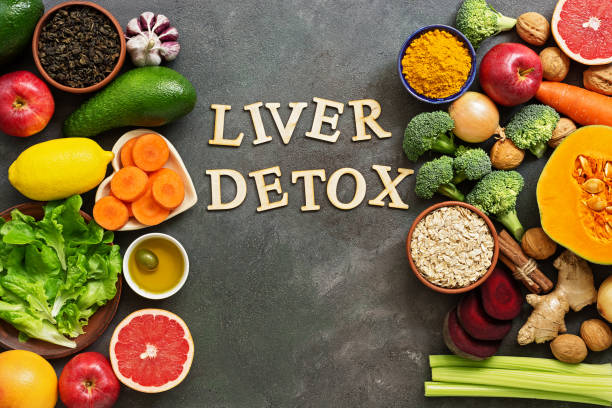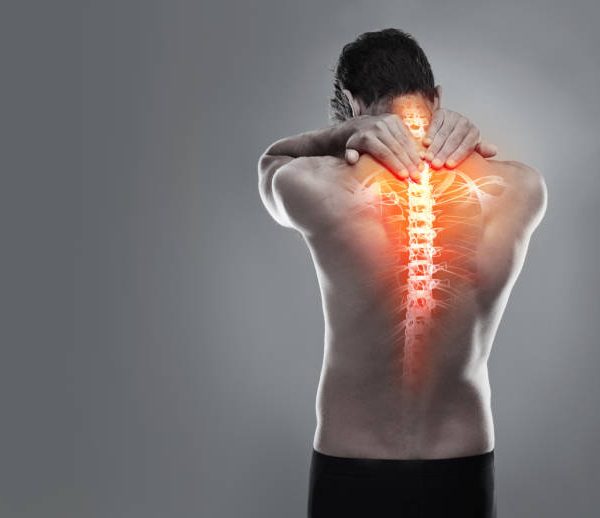Enhancing liver detoxification and reducing fatty liver deposits can be achieved through lifestyle changes, diet, and supportive medications in some medical scenarios, as demonstrated through research. The liver serves as the body’s protective mechanism by eliminating toxins as well as excess substances and plays a role in our overall metabolic processes. As such, it is critical to maintain liver health to maintain good metabolic health.
The Process of Liver Detoxicification
The liver uses a two-phase process to detoxify.
- Phase I involves the use of enzymes to convert toxins to more water-soluble forms.
- Phase II, the toxins are made even more soluble to allow for elimination by conjugation bounding (potentates like glutathione, glycine, and sulphate).
- The appropriate functioning of the two phases of the liver detox process depends on adequate micronutrient, amino acid, and antioxidant intake (glutathione, vitamin C, vitamin E, B vitamins, selenium, zinc, etc.).
Dietary and Lifestyle Measures
Evidence-based dietary measures to improve liver health and reduce fatty liver deposits include:
- A well-balanced diet rich in fruits, vegetables, whole grains, lean protein, and healthy fats.
- Staying away from excessive added sugars, saturated fats, and/or refined carbohydrate sources.
- Regular physical activity supports fat metabolism and reduces fat from building up in the liver.
- Lowering the use of alcohol and eliminating unnecessary medicines stressing the liver.
- Staying hydrated to enhance metabolic processes and flush toxins out of the body.
Nutritional Support
Particular foods and nutrients promote against liver fat accumulation:
- Cruciferous vegetables (e.g. broccoli, cauliflower) naturally supports Phase II detoxification processes.
- Amino acids (glycine, cysteine, and methionine) found in protein sources (dairy, eggs, meat) are important for synthesising glutathione.
- Dietary antioxidants minimize oxidative stress and free radical damage during liver detox processes.
Medical Support
Medications to support the liver may also be discussed in patients with liver disease (i.e. non-alcoholic fatty liver disease, biliary diseases). For example, a common medication used is udiliv 300 tablet with is prescribed to assist with bile formation and flow to help with elimination of toxins to reduce fat deposits in patients with chronic liver disease.
Other Measures
The following measures may be recommended to reduce fatty deposits in the liver and detoxifying:
- Aim for slow weight loss, if needed.
- Eliminate high-fat foods and sugary foods.
- Eat foods high in antioxidants, minimally processed, regularly.
- Use medications like ursolid 300 tablet which also offer similar support to the liver.




